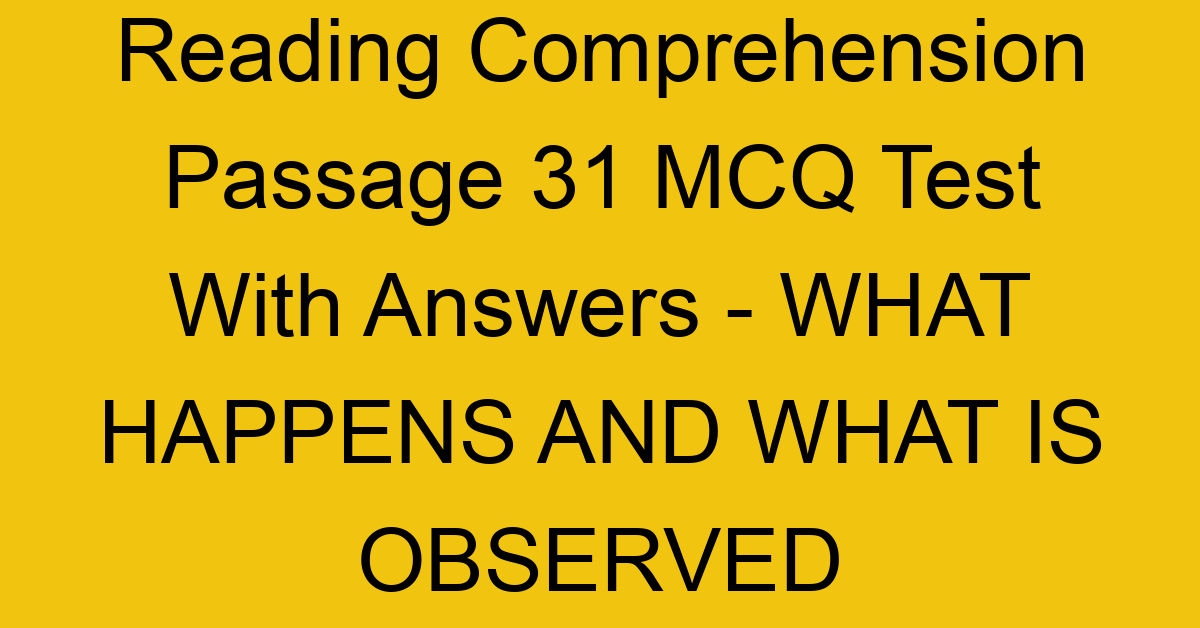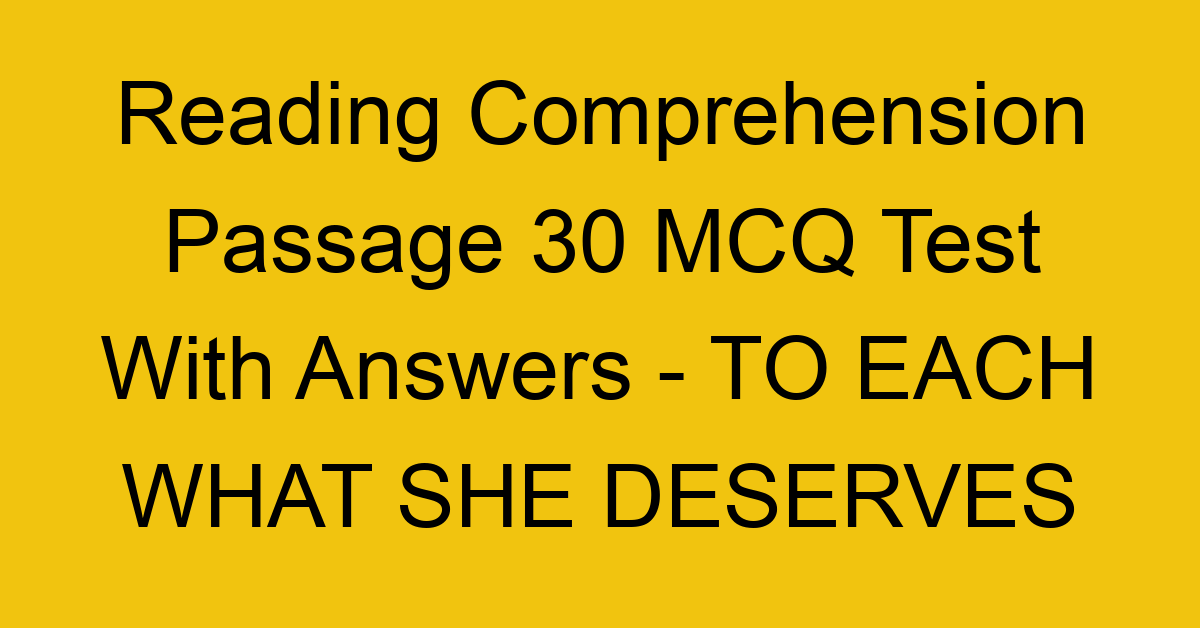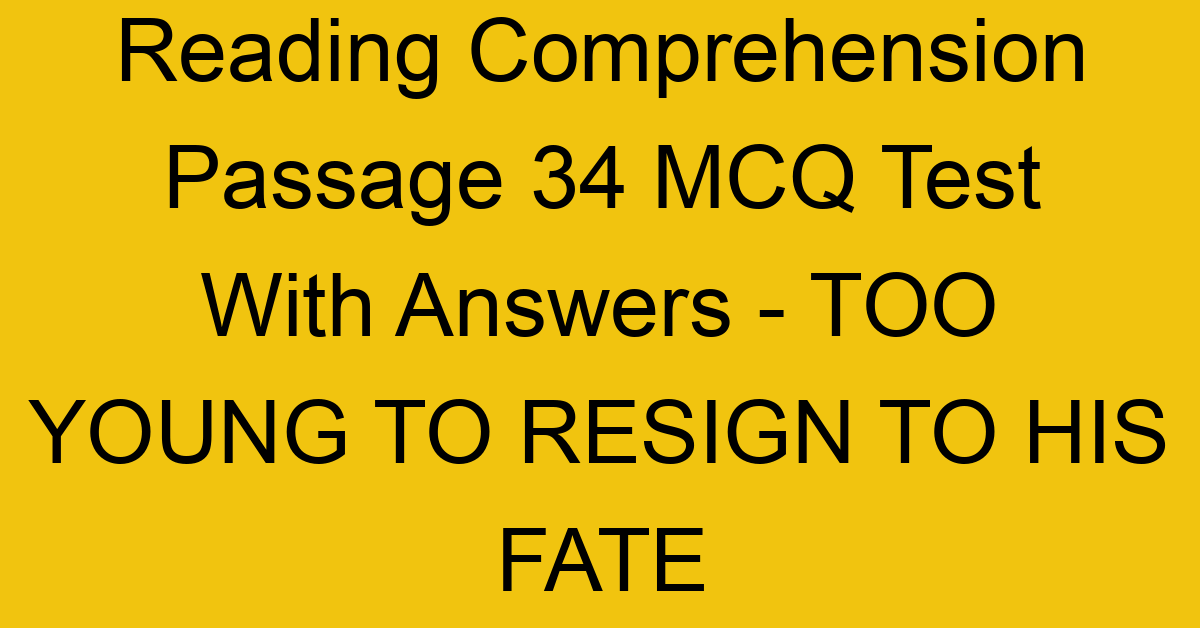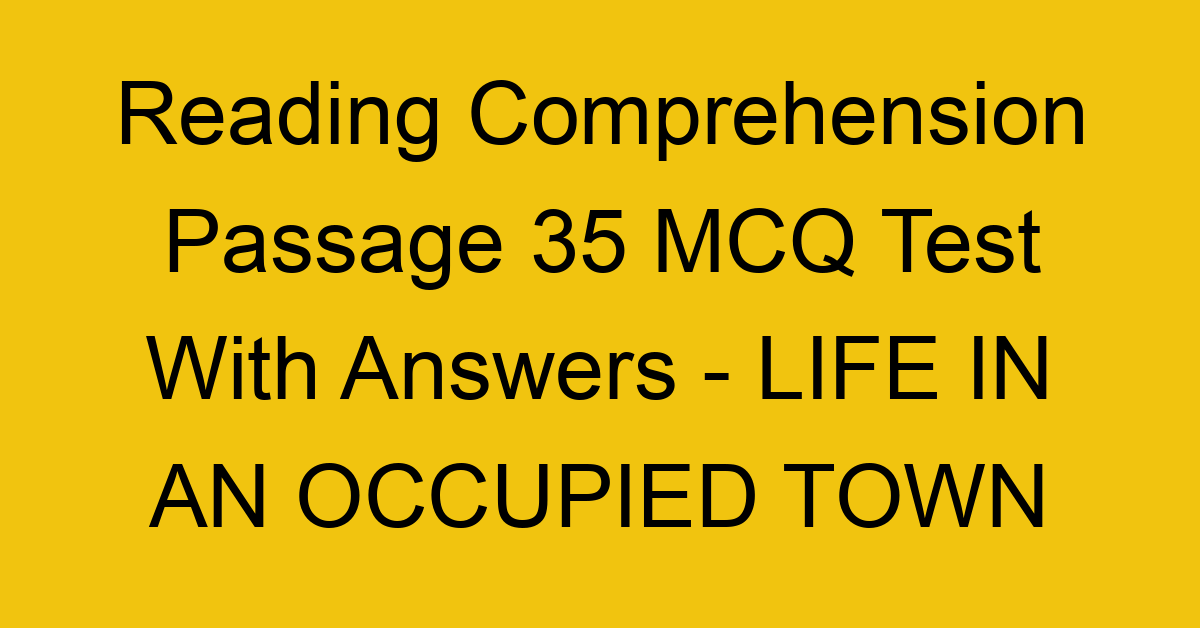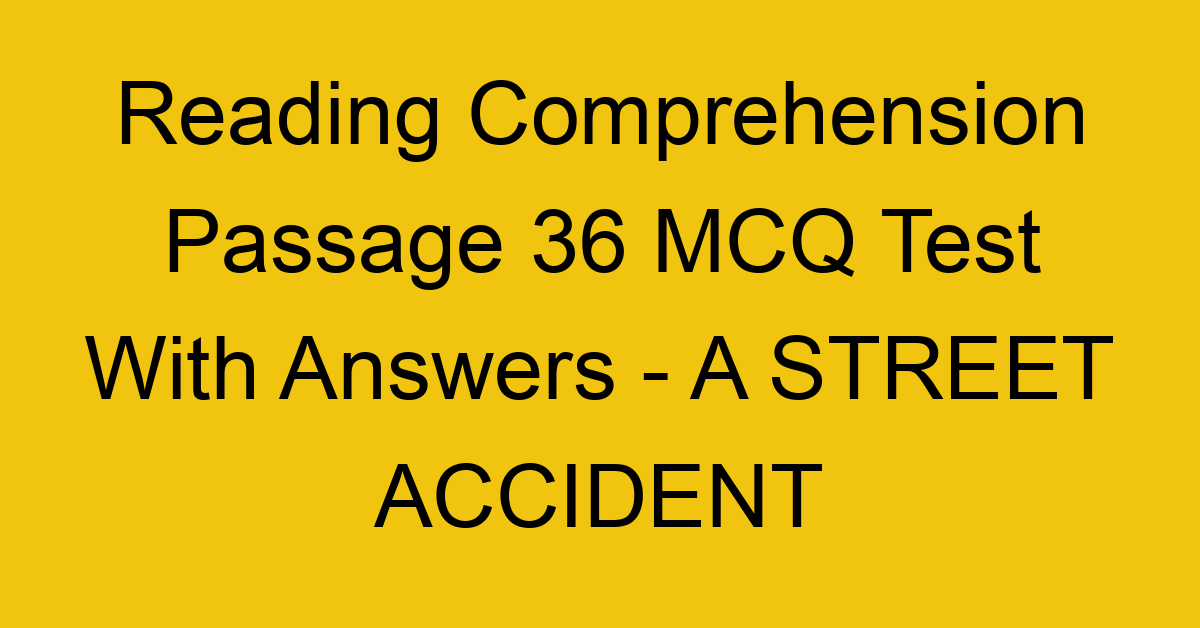Questions must be answered on the basis of what is stated or implied in the passage itself, and not on the basis of what you may know independently about the subject matter.
Reading Comprehension Passage 33 MCQ Test
Question 1 |
(Please note: The following questions are related to a specific reading passage, which is available solely before the first question. Remember, it may be helpful to refer back to the reading text while answering the questions to ensure accuracy.)
DYING YOUNG
Gordon reaches over across the car and I'm startled, not so much by his touching me as that I hadn't realized the car was stopped and thought for a second that Gordon had simply abandoned the steering wheel and we would crash into the next telephone pole. But now I see that we are in a driveway, the same driveway I have watched him walk down many times in the past two and a half weeks.
The car is off, the parking brake pulled up. Gordon sweeps my hair to one side and kisses the back of my neck. He has strong lips; I wonder if his kisses are making red marks on my skin. I wonder if he will kiss my mouth like that. I speculate: What should I do now? How should I touch him? Does he think we are going to do this thing in the car? There are a thousand things I want to ask him all of a sudden. I want to find out what high school he went to, what his friends' names are, his favourite books, how he spent, say, the last ten years of his life. I want to know him.
Somewhere there is a puppy wandering away from his new home, never to be found. A steamboat is charging up the river with passengers on board, waving. A new pilot is nervous at his first landing. At NASA they are on the verge of a discovery.
I think that someday, after I die, I will go somewhere and be sitting across a card table from another dead person, playing hearts and saying, "When I was twenty-three I wanted to be a veterinarian but couldn't get into a vet school. When I was twenty-seven I fell in love with a man named Victor and then met a man named Gordon." Sometimes I don't think I can ever tell a story of my life accurately because life is still continuing and there's no way to objectively portray it. I could try but it's like trying to pick up an endless pane of glass -- I can't even get a grip on it. How should I know if I'm doing the right thing as I let the porch door slam behind me and enter Gordon's house? Maybe when I'm dead my soul will sit somewhere, map out everything I did and be able to tell exactly where I erred. Maybe in some other life, I'll determine the secret to correctness, to doing things right, to knowing that one can do things right.
Marti LEIMBACH, Dying Young.
The first-person narrator, in the very opening of the passage, is startled because
A | she's been lost in thought and quite oblivious to what has been going on around her. |
B | Gordon reaches across the car and touches her. |
C | they would crash into the next telephone pole. |
D | she has watched him many times walk down that same driveway. |
E | Gordon has abandoned the steering wheel. |
Question 2 |
Gordon, in the opening of the story,
A | used to be her school friend. |
B | is her lover. |
C | has been a neighbour for two and a half weeks. |
D | is a pilot; works for the NASA. |
E | wanted to become a veterinarian, but couldn't get into a vet school. |
Question 3 |
She talks of the puppy wandering away from its home to emphasize
A | how funny the situation is. |
B | the fact that life just goes on all the same. |
C | there is a whole wide world out there waiting for her. |
D | how much she is feeling lost herself. |
E | that someday she is certainly going to die. |
Question 4 |
She would like to
A | go to Gordon's house and play cards with him. |
B | love Gordon more than she had loved Victor. |
C | be kissed with strong lips, at the back of her neck. |
D | discover a way to tell what is right and what is wrong. |
E | know more about Victor's previous life. |
Question 5 |
This is most probably a passage from _____ a (an) novel.
A | successful |
B | romantic |
C | best-selling |
D | historical |
E | 19th-century |
⇦ |
List |
⇨ |
| 1 | 2 | 3 | 4 | 5 |
| End |

